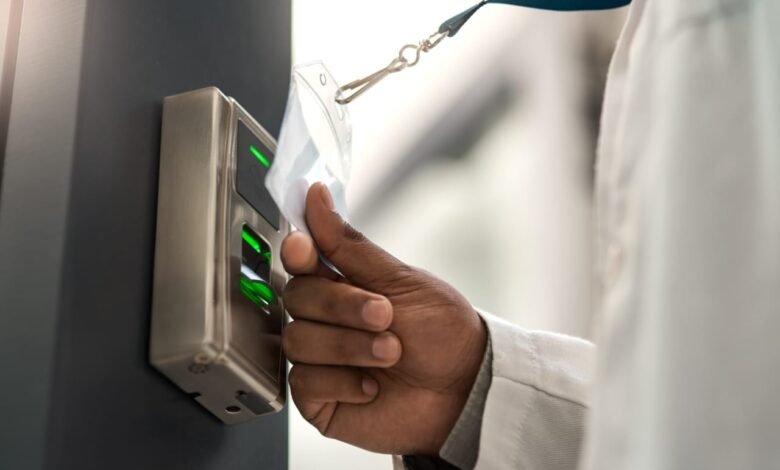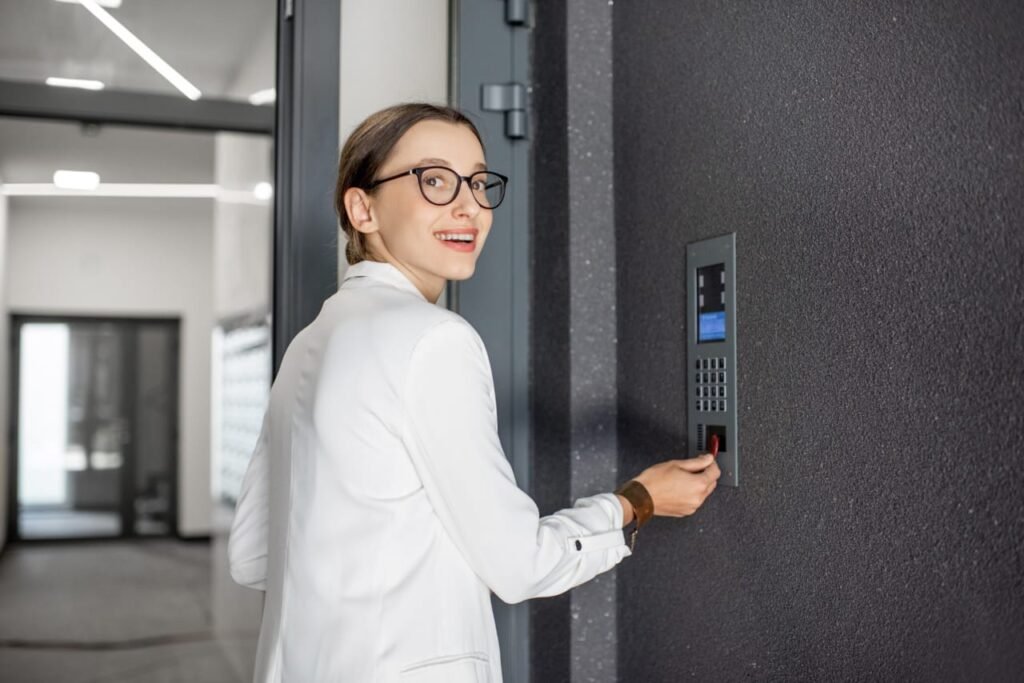Things to Consider When Buying a Business Access Control System

Choosing the right access control system is crucial for any business looking to secure its premises and protect its assets and personnel. The decision involves several considerations, from the system’s capabilities and scalability to its integration with other security technologies. Here is a comprehensive guide on what to consider when purchasing an access control system for your business.
1. Assess Your Security Needs
The first step in selecting an access control system is to thoroughly understand your specific security requirements. This involves:
· Risk Assessment: Identify and evaluate the risks your business faces, such as unauthorized access or potential breaches in sensitive areas.
· Type of Access Control: Determine whether you need a simple system for a small office or a sophisticated multi-site system. Consider whether you need a physical, logical, or a combination of both access control systems.
· Level of Security: Decide on the security level required for different areas within your business. High-security areas might need biometric systems, whereas less sensitive areas might only require keycard access.
2. Type of System and Features
Access control systems come in various types, each with unique features. Key considerations include:
· Discretionary Access Control (DAC), Mandatory Access Control (MAC), Role-Based Access Control (RBAC), and Attribute-Based Access Control (ABAC): Understand the differences and decide which fits your business model and security policies.
· Authentication Methods: Evaluate different methods like PINs, access cards, biometrics, and mobile access. Consider using multi-factor authentication for enhanced security.
· Management Software: Look for systems that offer robust management software to monitor and manage access rights efficiently.
3. Integration with Other Systems
A good access control system should seamlessly integrate with other security systems such as:
· Video Surveillance: Integration with CCTV allows for visual verification of individuals accessing secured areas.
· Intrusion Detection Systems: This integration can help in initiating lockdowns or alerts if unauthorized access is detected.
· Visitor Management Systems: For businesses that receive many visitors, integration with visitor management systems can streamline the process and improve security.

4. Scalability and Flexibility
Consider how well the system can grow with your business:
· Expansion Capabilities: Ensure that the system can be easily scaled to accommodate more access points or users as your business grows.
· Customization: The system should be flexible enough to adjust to your changing business needs, such as reconfiguring access levels or integrating new technologies.
5. User Experience
The system should be convenient and straightforward for both users and administrators:
· Ease of Use: Systems should be user-friendly, minimizing the learning curve for employees and reducing the risk of user errors that could compromise security.
· Speed and Reliability: Access control systems should perform efficiently, with minimal delays in granting access to ensure smooth operations in high-traffic areas.
6. Vendor Reputation and Support
The reliability of your access control system depends significantly on the vendor:
· Vendor Experience and Reputation: Choose a vendor with a solid track record and good industry reputation. Look for reviews and testimonials from other businesses.
· Support and Maintenance: Ensure the vendor provides excellent ongoing support and maintenance services. Understand their response times and whether they offer 24/7 support.
7. Cost Considerations
Finally, consider the total cost of ownership:
· Initial Costs: Includes the cost of equipment, software, and installation.
· Operational Costs: Regular maintenance and software updates can affect the long-term costs.
· Upgrade Costs: Future-proof your investment by understanding how much it costs to upgrade the system as new features become available.
Purchasing an access control system is a significant investment in your business’s security. By carefully evaluating your needs, the system’s capabilities, integration potential, scalability, user experience, vendor support, and cost, you can select a system that not only meets your current requirements but also adapts to future challenges, ensuring the safety and efficiency of your operations.



